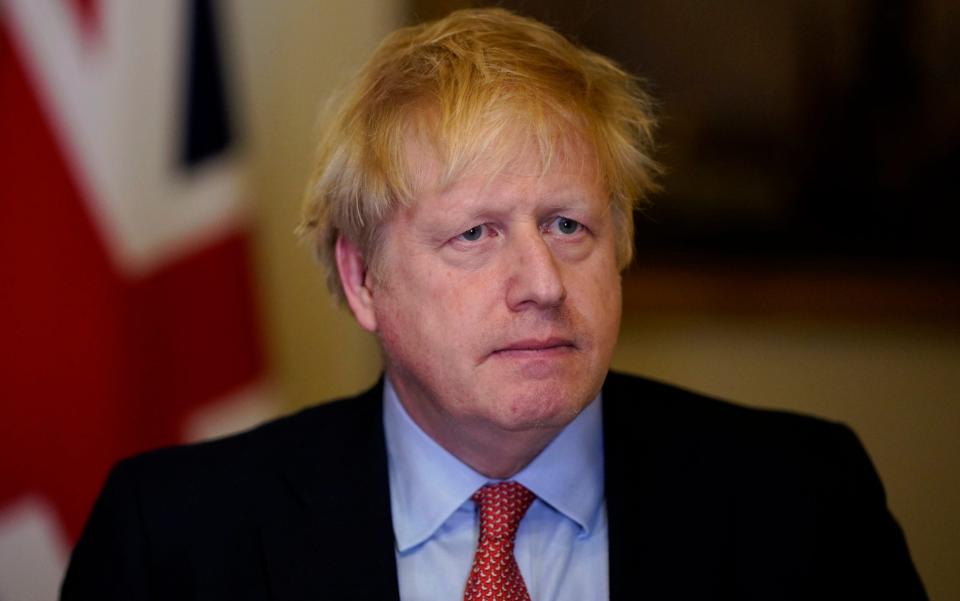Cost of lockdown 'big' and Government may not have got balances right, top civil servant tells MPs


The cost of the UK's coronavirus lockdown was "big", the Permanent Secretary for the Department of Health has admitted, saying he did not know whether the Government would do it again "knowing what we know now".
Earlier this week, The Telegraph revealed how the Government had forecast that more than 200,000 people could die through the impact of the shutdown and protecting the NHS amid the virus crisis.
Asked about the report at the science and technology select committee, Sir Chris Wormald said policymakers had faced a difficult dilemma.
"We were very clear there was a big cost, not just economically but in health terms, to lockdown – and, at the same time, lockdown is the answer to some of the issues," he told MPs. "That balancing act of when to time an intervention so you minimise the damage and maximise the gain, that is exactly what was going on in Government.
"I am not going to say we got those balances right, and that we would do it again knowing what we know now, but those are exactly the dilemmas that officials, scientists and ministers were wrestling with over those periods."

In April, experts from the Department of Health, the Office of National Statistics, the Government's actuary department and the Home Office, published a projection of the collateral damage from delays to healthcare and the effects of recession arising from the pandemic response.
They calculated that up to 25,000 people could die from delays to treatment in a six-month lockdown and a further 185,000 in the medium to long term, amounting to nearly one million years of life lost.
Questioning Matt Hancock, the Health Secretary, about the report, Graham Stringer MP said: "I don't see any response to the fact that a lot of people were going to die."
Mr Hancock said: "We always knew the decisions you take to prevent deaths from Covid of course have other consequences, and that is one of the balancing factors that you have to take into account – but the decisions we took were absolutely the right ones.
"The advice that I received at the time, which I think was wise advice, is that there are a number of different problems with a very large epidemic.
"There is the direct deaths from Covid, indirect deaths if the NHS is overwhelmed, and thankfully we minimised that. The third group is the deaths because you can't do certain treatments, and then there are the deaths due to economic consequences of the decisions. And we were alive to all four different types of mortality."
Mr Hancock promised to write to the committee with plans to "restart" the NHS and said getting cancer referrals up had been "a big part of my job" recently.
"It's all part of mitigating that part of mortality," he added. "I want to make sure more people come forward. We're putting more money into diagnosis."
However, the Health Secretary said he was not ruling out a second national lockdown, even though Boris Johnson, the Prime Minister, told The Telegraph he considered that to be the "nuclear" option.
"Lockdown measures are increasingly focusing on local action," added Mr Hancock. "But we don't rule out bringing a further national lockdown if that is what is needed."

